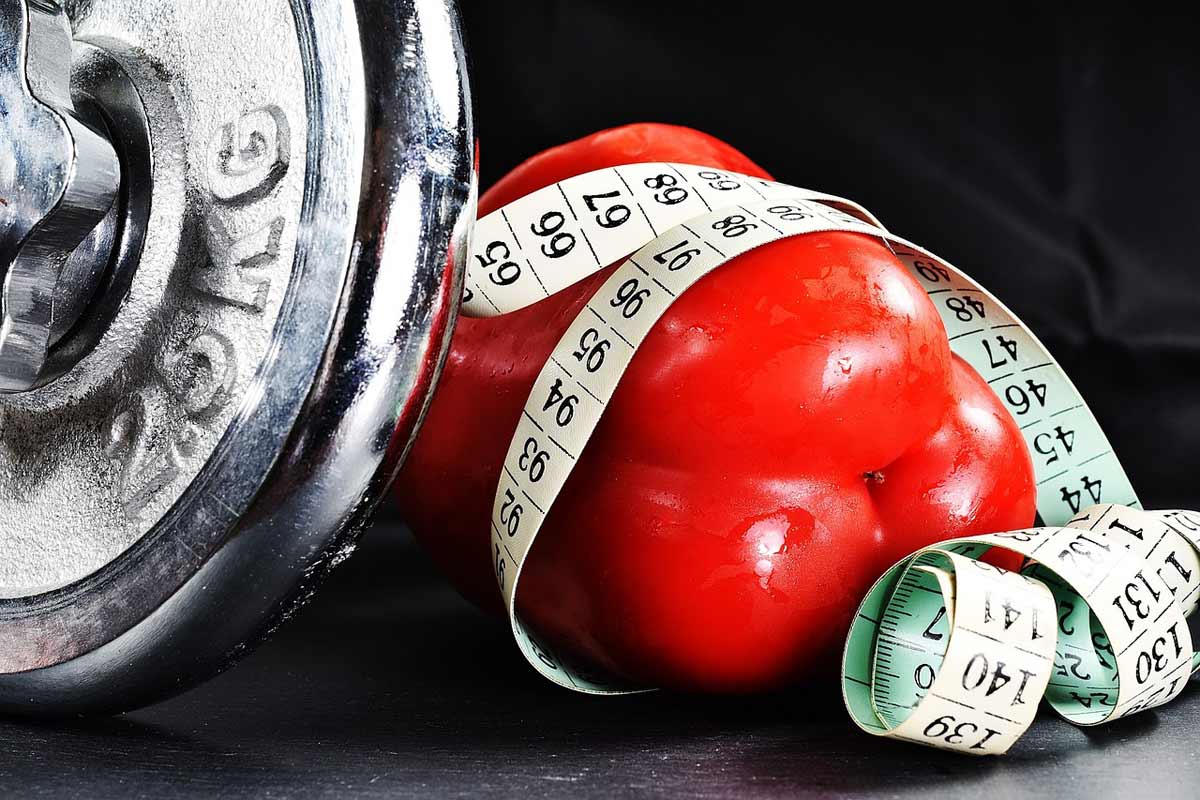If you look at the offer in a supplement online store, the selection of protein products is large. But how do they differ and which protein is best suited for your own purposes? We present the most important types of protein and highlight their areas of application.
What are proteins?
Proteins form the basis of every cell in the body. Thus, proteins are the most important building material in the human body. Proteins consist of the so-called amino acids. In total, there are over 400 amino acids. However, humans only need 20 of these for protein biosynthesis - the "proteinogenic" amino acids.
The eight essential amino acids
- Leucine,
- Isoleucine,
- Threonine,
- Lysine,
- Valine
- Methionine,
- Tryptophan and
- Phenylalanine
are considered essential for life. Our body needs them to produce the body's own proteins. Since it cannot produce the essential amino acids itself, we have to supply them to it via the Food to the body. If we provide it with sufficient amino acids, it can form the other protein building blocks itself.
The twelve non-essential amino acids
- Glycine,
- Histidine,
- Tyrosine,
- Serine,
- Alanine,
- Cysteine,
- asparagine and aspartic acid (aspartate),
- Arginine,
- Proline,
- Glutamine and glutamic acid (glutamate)
are also involved in the production of the body's own protein. They are considered non-essential (not necessary for life) because the body is able to produce them itself when the essential amino acids are present.
A third group are the semi-essential amino acids. Histidine and arginine are classified as partially dispensable. While they are considered essential for young children, they are not essential for adult humans.
How do you cover your amino acid/protein needs?
Each amino acid fulfills a specific function in the body. This applies equally to proteinogenic and non-proteinogenic amino acids. The body cannot use the latter protein building blocks for protein biosynthesis. It cannot convert them into the body's own protein. Nevertheless, they fulfill important tasks. Among other things, they act as precursors of hormones and enzymes and are involved in the function of the immune system. They also contribute to the unimpeded functioning of other bodily processes, such as the transmission of stimuli between the brain, muscles and organs, or digestion. The body can also produce them itself if it has access to sufficient essential amino acids.
This means that if you supply your body with sufficient amounts of the eight essential amino acids, you effectively prevent deficiency symptoms. On the one hand, this can be done through food. Essential amino acids are found in protein-rich foods, such as in
- Dairy products,
- Eggs,
- Fish,
- Meat,
- Nuts,
- Seeds and
- Legumes.
But green vegetables such as spinach and broccoli as well as cereals also contain some protein. The protein requirement can be supplemented via high quality protein powder cover. The latter is particularly suitable for people who are actively involved in sports and want to specifically build up muscles as part of their training. Here it is often difficult to cover the increased protein requirements exclusively through the normal diet. While an adult person needs approximately 0.8 grams of protein per kilogram of body weight per day, the guideline value for Athletes, strength athletes and bodybuilders between 1.2 and 2.0 grams of protein per kilogram of body weight. The body depends on protein building blocks for the development, regeneration and maintenance of muscles.

Which protein powder is suitable for which purpose?
Animal protein is often the first choice for athletes. When it comes to maximizing the Protein synthesis Whey protein in particular is well suited for this purpose. Furthermore, casein, milk protein isolates and egg protein (egg albumin) are available. Vegetable protein is well suited for vegetarians and vegans.
Whey protein
Whey protein is obtained from whey, a by-product of cheese production. It is quickly digestible and suitable for intake before and after a training session. Whey contains the three significant amino acids valine, isoleucine and leucine. These are responsible for effective muscle building. Whey is also often used as a high-protein meal replacement for weight loss.
Milk Protein Isolate
Milk protein isolates or also Whey isolates are obtained from Whey with the help of a special manufacturing process by filtration and are lactose-free. Milk protein isolates contain almost no fats and hardly any carbohydrates. This makes them well tolerated and ideal for the time before a competition or for muscle definition.
Milk Protein Hydrolysate
Hydrolysates are formed by an enzymatic breakdown of Whey isolates or Whey concentrates. You could say that the proteins are virtually predigested. This allows the body to absorb them more quickly. This means that milk protein hydrolysates can also be used during a competition to supply the organism with the important proteins without the body having to expend energy for digestion.
Casein
Casein is also a milk protein. However, the body absorbs it more slowly because the casein molecules are larger in comparison and the body must first break them down into smaller building blocks. Casein ensures long-lasting protein absorption. To provide the muscles with sufficient protein during the growth phase, many athletes drink a casein shake before bedtime.
Egg protein
Egg protein (egg albumin) is made from the egg white and is suitable for people who do not tolerate dairy products well. Egg protein has a high biological value and is free of purine, cholesterol and lactose. Because it has a bitter taste, egg protein is often found as an ingredient in multi-component protein shakes.
Soy, rice, pea and hemp protein
An alternative to animal proteins are vegetable proteins.
- Soy protein is used particularly frequently in protein products because it is rich in essential amino acids and offers good added value for the body.
- Rice protein is derived from the whole grain of rice and is characterized by its almost complete amino acid profile. It is ideal for muscle maintenance and muscle building.
- Pea protein is made from yellow shelled peas and has a protein content of 85 percent. This makes it a good source of protein as well.
- Hemp protein is obtained from the seeds of the hemp plant. The protein content is 20 to 25 percent. It has a high biological value and is quickly digestible. It also contains magnesium, iron and zinc. This makes it ideal for building muscles.
It is not uncommon for athletes to combine different types of protein to achieve a higher biological value.





